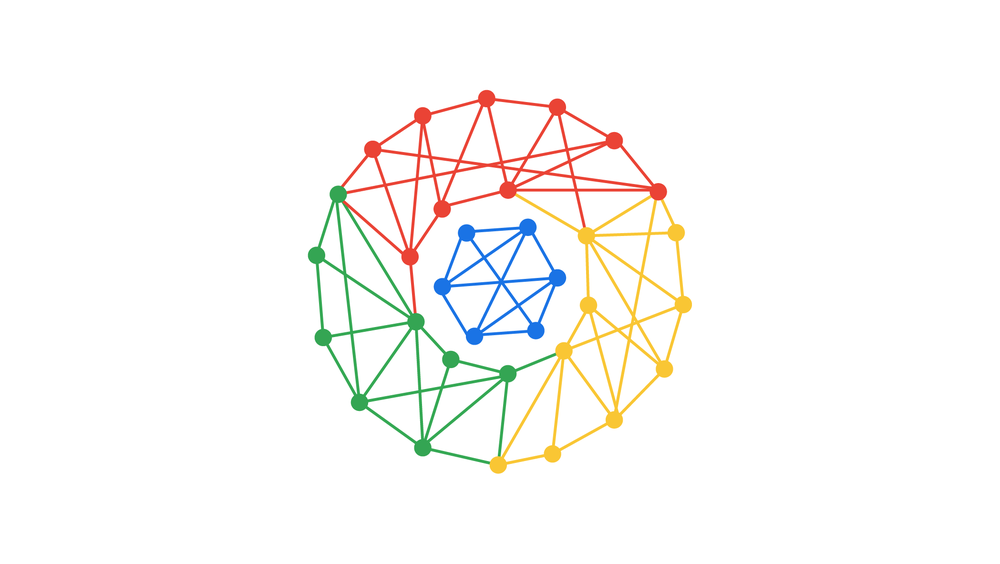Enhancing Chrome: How Google Leverages Machine Learning for a Safer, More Enjoyable Browsing Experience
Google Enhances Chrome Security and User Experience with Machine Learning
Google has detailed how machine learning (ML) is being utilized to enhance both the security and user experience of Chrome. Starting with security improvements, the company reports that its latest ML model has significantly increased Chrome’s capability to identify phishing attempts and harmful websites. Since the implementation of this on-device ML model in March, Chrome has detected 2.5 times more threats than before.
In addition to these security advancements, Google plans to use machine learning to further refine users’ experiences on Chrome. The browser allows users to block unwanted notifications from websites. In the upcoming release, Google aims to introduce an AI model that predicts when users are unlikely to engage with prompts based on prior interactions, effectively silencing irrelevant notifications and minimizing disruptions.
Moreover, Google is expanding a feature called ‘Journeys’, which was launched earlier this year. This feature aids users in retracing their online steps by aggregating data from their browsing history. By incorporating machine learning, Chrome will group the pages visited on specific topics, alleviating the hassle of scrolling through extensive browser history to return to previously viewed content.
Arguably the most intriguing feature is the real-time personalization of Chrome’s toolbar based on individual user behavior. Google intends to adapt the toolbar dynamically, ensuring that the most relevant actions—such as sharing a link or performing a voice search—are easily accessible according to the user’s context. As noted by Chrome software engineer Tarun Bansal, this adjustment aims to cater to user habits, whether they prefer reading news with a morning coffee or utilizing voice search during their commute.
These ML-driven enhancements illustrate how machine learning is playing a crucial role in bolstering security and making day-to-day interactions with Chrome more enjoyable.
If you’re interested in learning more about AI and big data from industry experts, consider attending the AI & Big Data Expo in Amsterdam, California, and London, which will be co-located with the Cyber Security & Cloud Expo.
NVIDIA is playing a pivotal role in positioning Germany as a leader in Europe’s AI manufacturing sector. This development highlights the country’s commitment to advancing technology and innovation.
On another note, the recent revelations in the MedTech field showcase how AI is being integrated into hardware and clinical applications, steering the industry towards a more advanced and effective future.
However, it’s important to address the AI execution gap. Studies show that 80% of AI projects fail to reach the implementation stage, revealing significant challenges in the deployment phases.
In the educational sector, there’s a notable shift as teachers in England have received approval to utilize AI tools in their classrooms, marking a significant step towards modernizing education practices.
Join our Community
Subscribe now to receive all our premium content along with the latest updates in technology, delivered straight to your inbox.
Stay informed on these exciting developments and more within the tech landscape!

